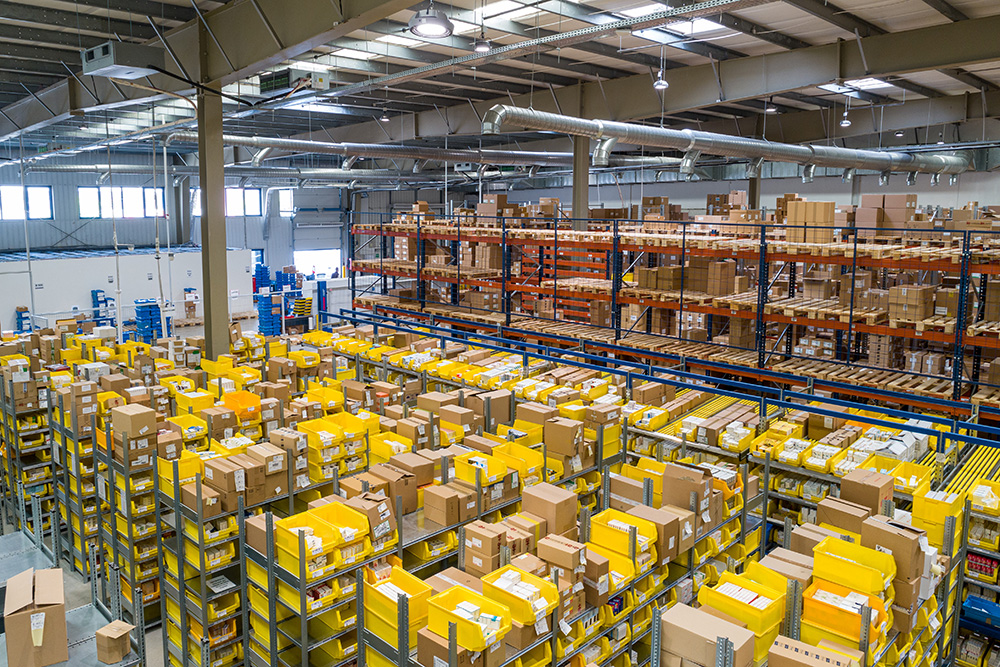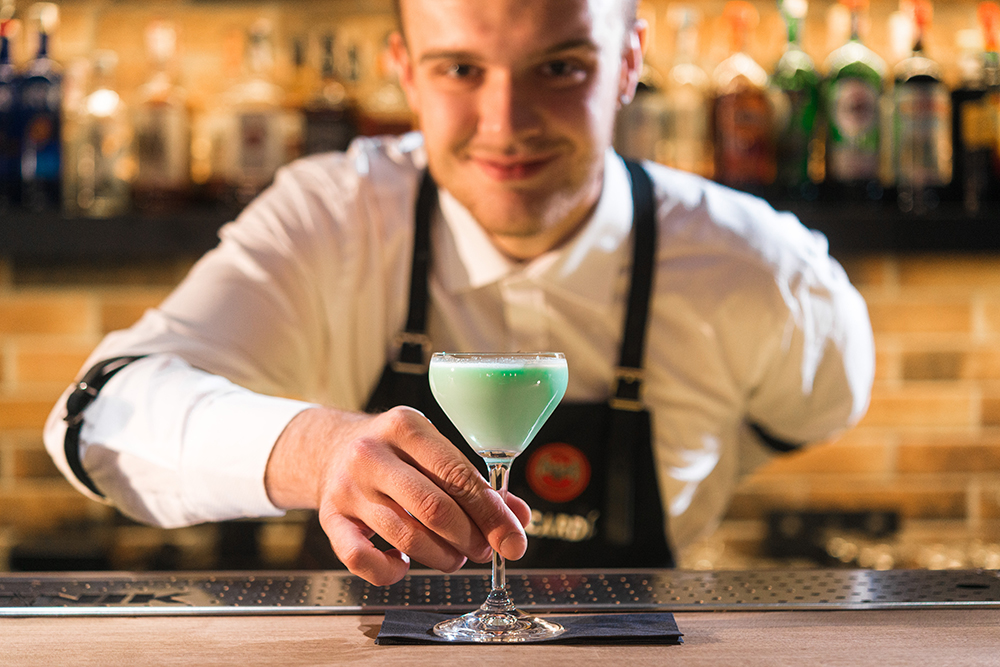For years there has been a trend to add social features to service robots, such as delivery, security and cleaning robots, and also to industrial robots, resulting in cobots. They do not usually become fully social robots, but they benefit from having eyes and mouths or making sounds – or from being able to get very close to people without hurting or hindering them. Amazon is riding this wave with its Proteus transport robot. It can be found in a huge department store in Reading, Massachusetts. A Wired editor writes about his first encounter with two Proteus models: “Their round eyes and satisfied grins are rendered with light emitting diodes. They sport small lidar sensors like tiny hats that scan nearby objects and people in 3D. Suddenly, one of them plays a chipper little tune, its mouth starts flashing, and its eyes morph into heart shapes. This means, I am told, that the robot is happy.” (Wired, 26 June 2023) “Why would a robot be happy?”, asks the editor Sophie Li, a software engineer at Amazon. She explains that being able to express happiness can help Proteus work more effectively around people. “Proteus carries suitcase-sized plastic bins filled with packages over to trucks in a loading bay that is also staffed by humans. The robot is smart enough to distinguish people from inanimate objects and make its own decisions about how to navigate around a box or person in its path. But sometimes it needs to tell someone to move out of the way – or that it is stuck, which it does by showing different colors with its mouth. Li recently added the heart eyes to let Proteus also signal when it has completed a task as planned.” (Wired, 26 June 2023) The market for real social robots is still in its infancy. Care and therapy robots, entertainment and toy robots, or sex robots – there is a constant up and down, with companies emerging and disappearing, products appearing and disappearing. It is uncertain whether all social robots will be needed. What is certain is that social features will help to improve modern industrial robots and classic service robots.
AI-based Robots for the Disposal of Discarded Ammunition
The Robotics Innovation Center (RIC) at the German Research Centre for Artificial Intelligence (DFKI) in Bremen wants to clear the seabed of discarded ammunition in the North Sea and Baltic Sea. This was reported by the online magazine Golem on 14 June 2023. The researchers are using the autonomous underwater vehicle Cuttlefish, developed at DFKI, as a test platform. According to Golem, the robot has been equipped with two deep-sea-capable gripper systems. These are designed to enable flexible handling of objects under water, even difficult objects such as explosive devices. The AI-based control system allows the robot to change its buoyancy and centre of gravity during the dive. According to the online magazine, the AUV is equipped with numerous sensors such as cameras, sonars, laser scanners, and magnetometers. This is how it is supposed to approach an object without colliding with it. The system will certainly be effective – whether it is efficient remains to be seen.
ADAM the Bartender
Bar robots are mostly cobots, housed in a kiosk or behind the counter. They prepare coffee, as barista robots, or cocktails, as cocktail robots. Daily Mail Online reported on May 11, 2023: “New York City’s first coffee shop run by robot baristas is coming to Greenpoint, where a two-armed robot called ADAM will serve up potentially hundreds and hundreds of cups of coffee a day at Botbar.” (Daily Mail Online, 11 May 2023) Two-armed bar robots are the exception so far. One of them is Toni from Makr Shakr. It accesses 158 different bottles hanging from the ceiling of the open bar and shakes and stirs the liquids. ADAM looks like an egg with a head. It has two extra-long arms with many degrees of freedom. “Beyond coffee-making, ADAM will have several other skills, including dancing for and waving at customers. The technological feat can produce up to 50 espresso drinks per hour. The new neighbor-hood haunt will also serve food.” (Daily Mail Online, 11 May 2023) One of the few researchers investigating bar robots and other robots in the hospitality industry is Oliver Bendel. Together with Lea Peier, he presented the paper “How Can Bar Robots Enhance the Well-being of Guests?” at the AAAI 2023 Spring Symposia in San Francisco. A preprint is available here.


